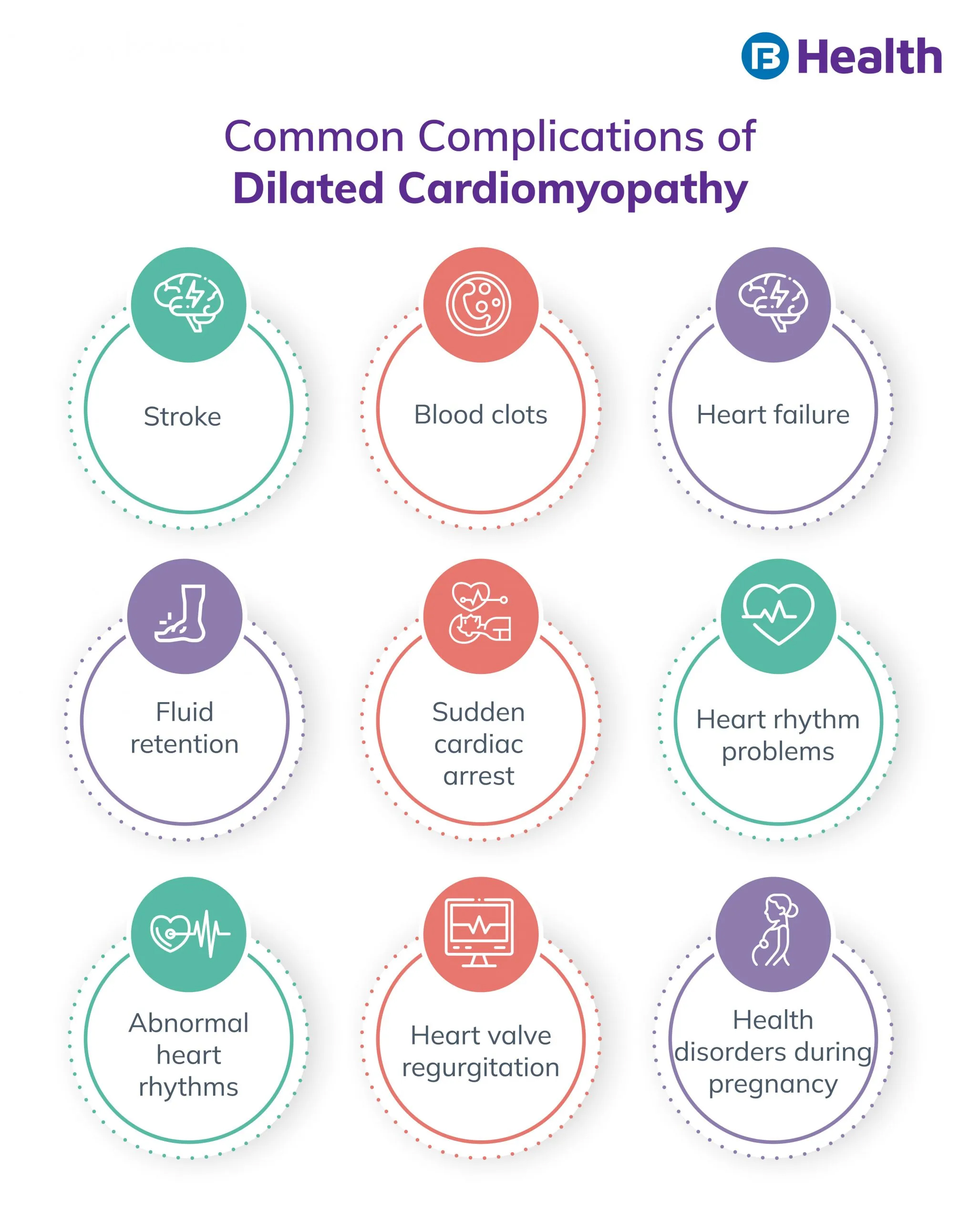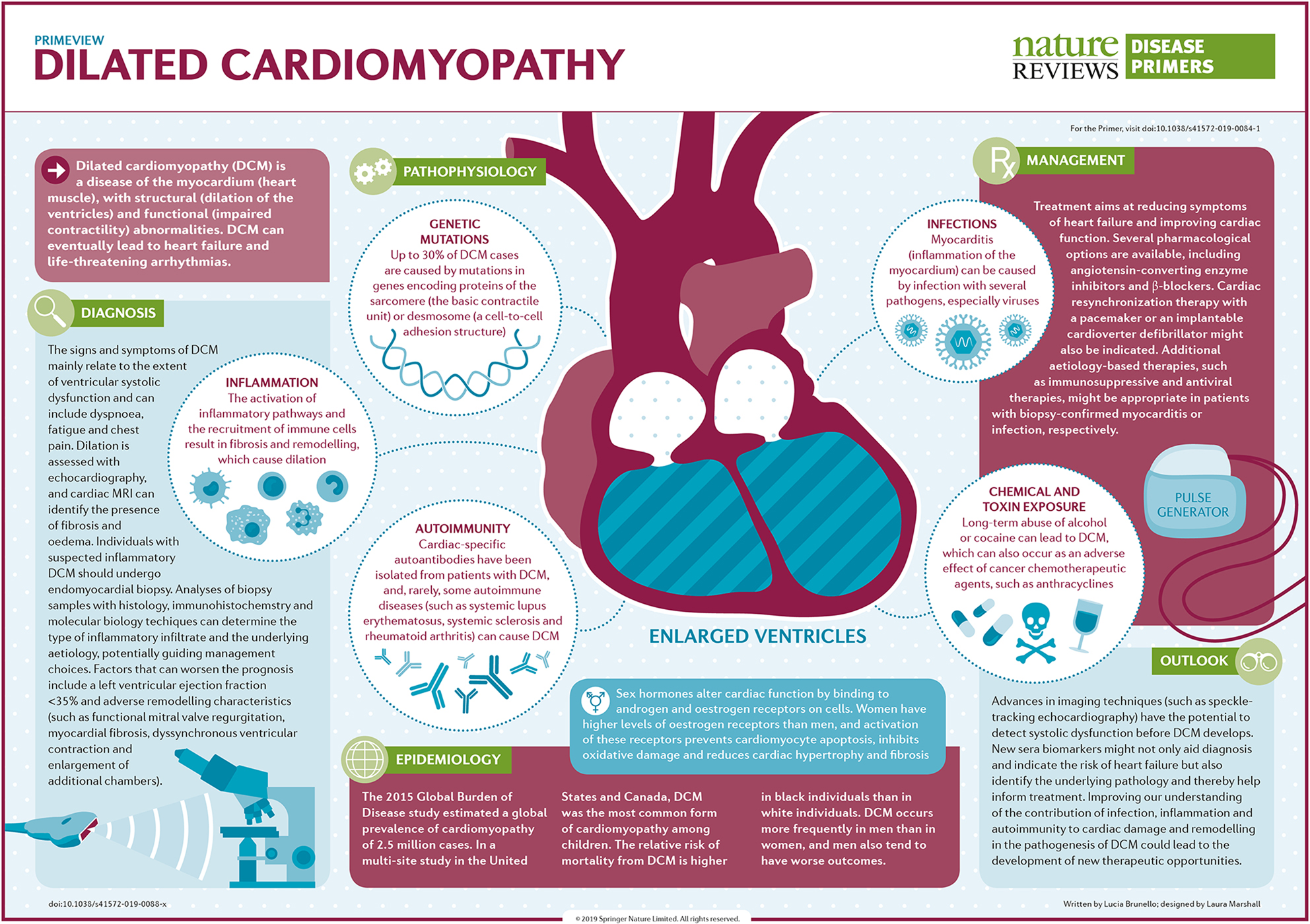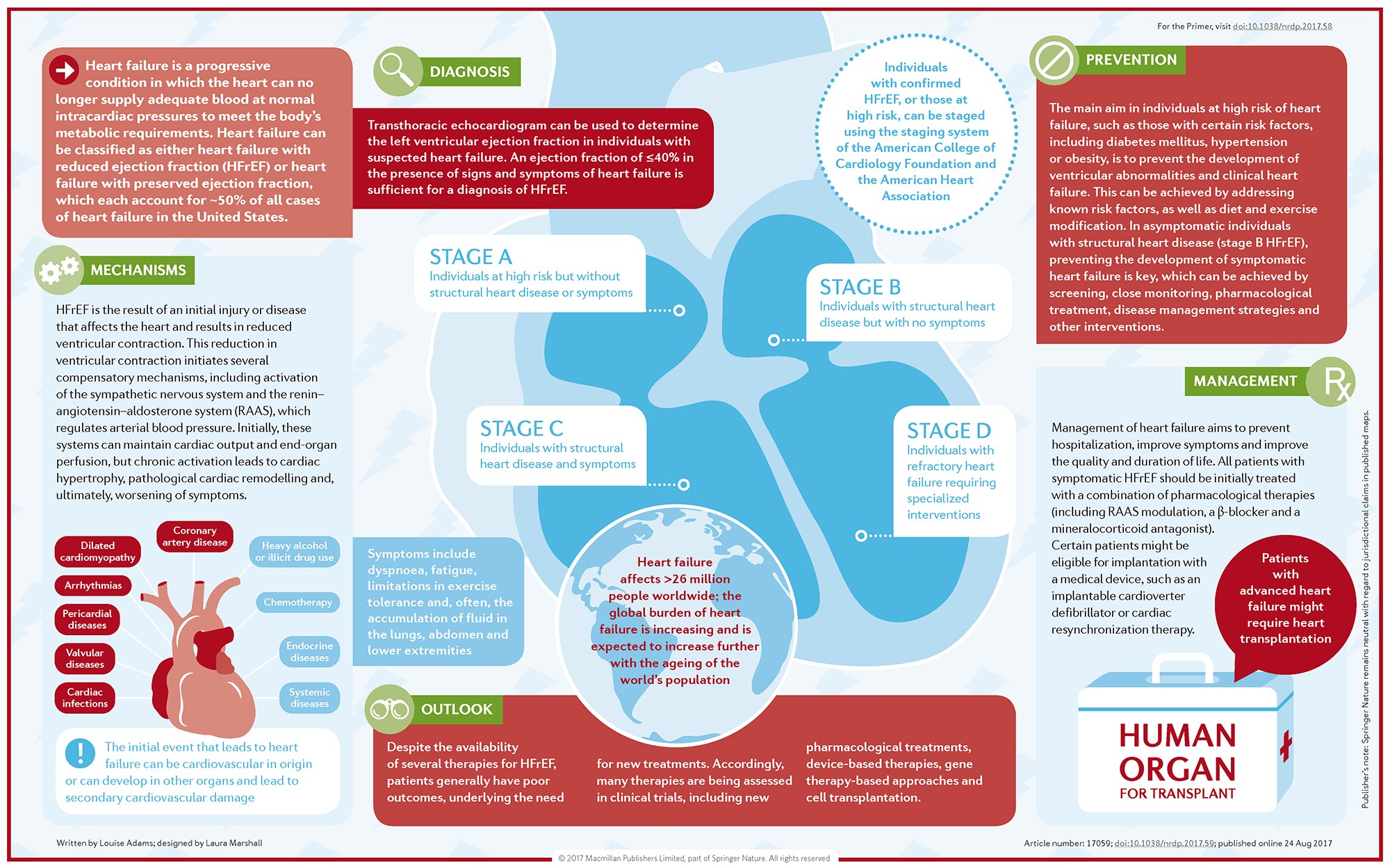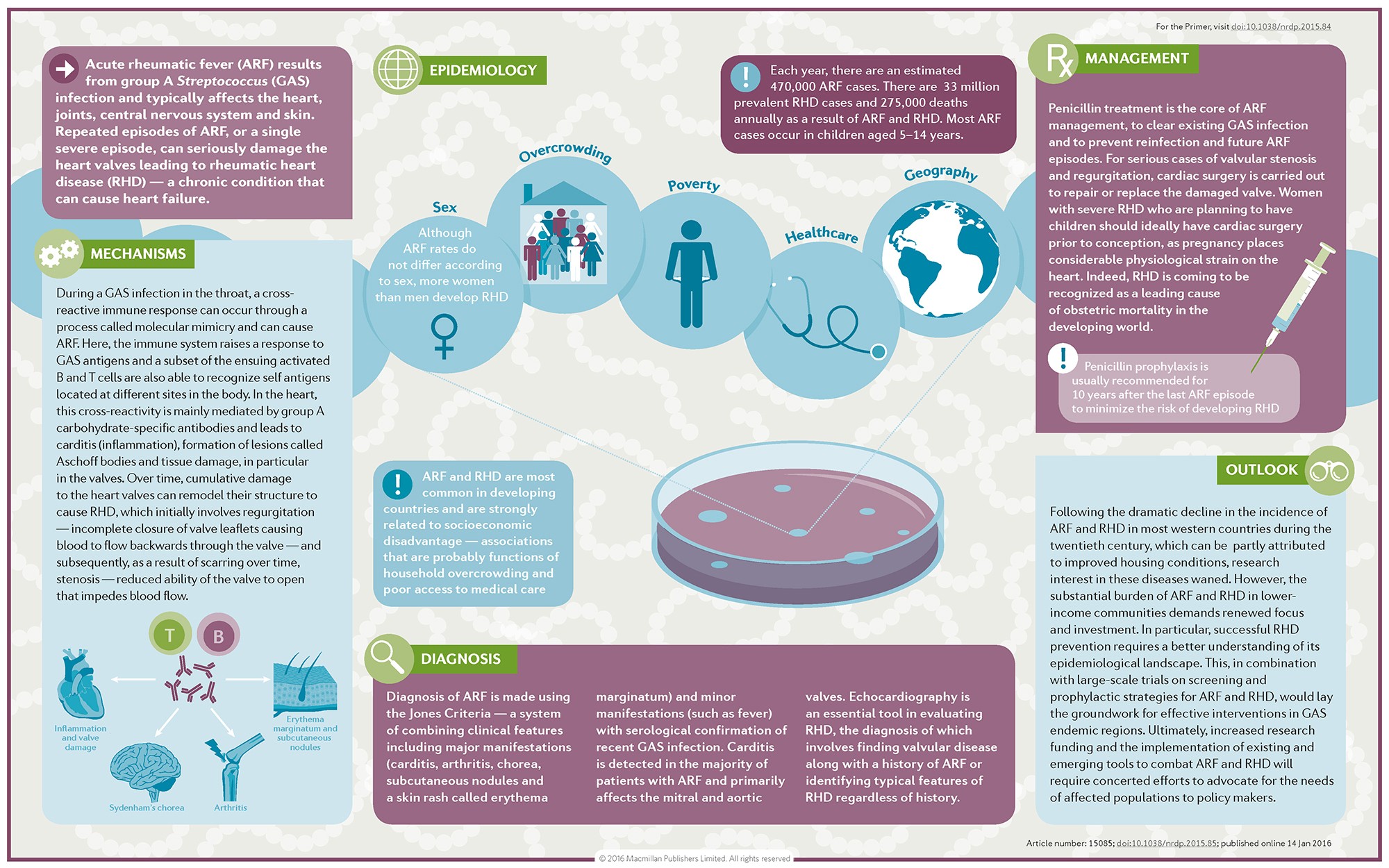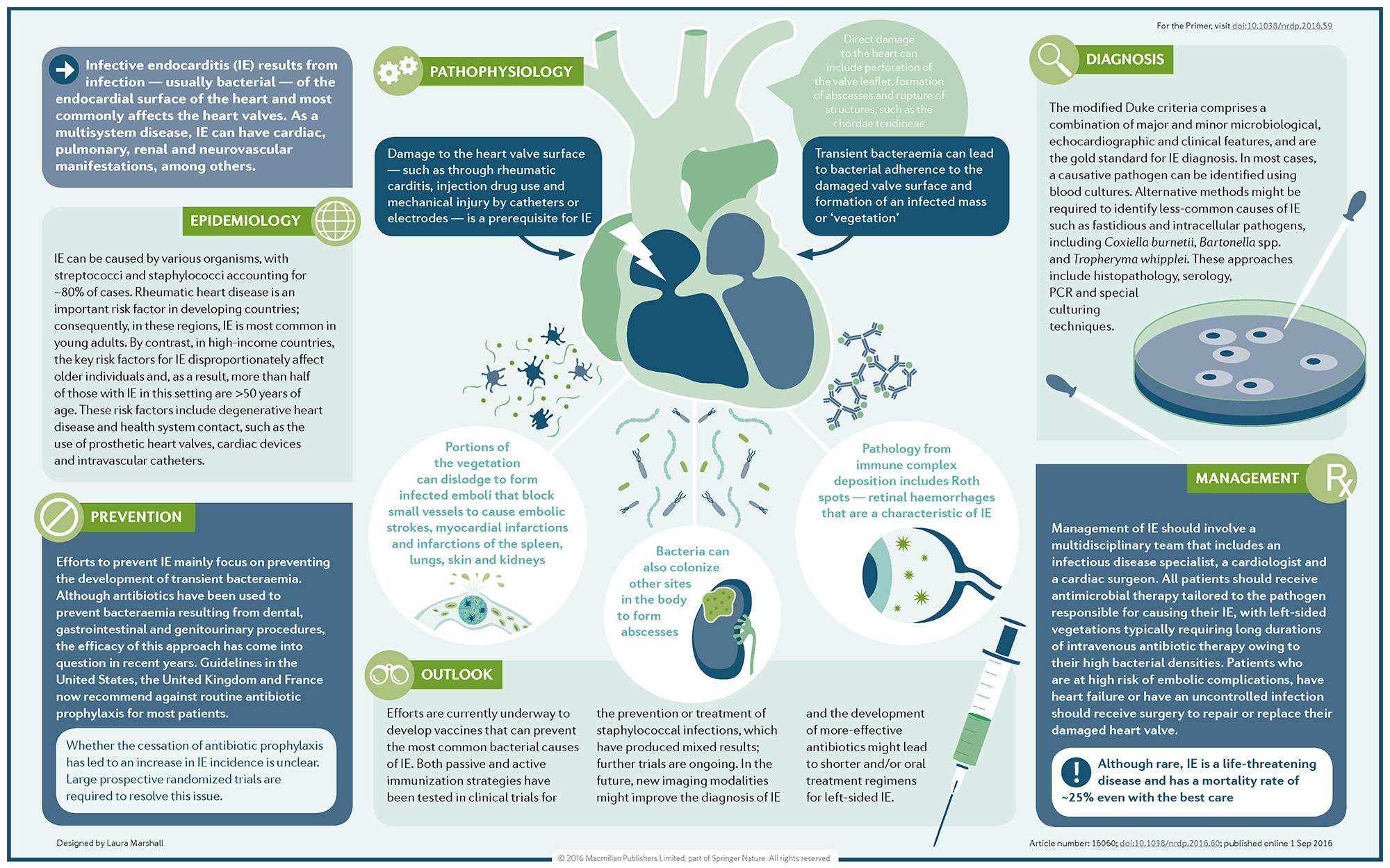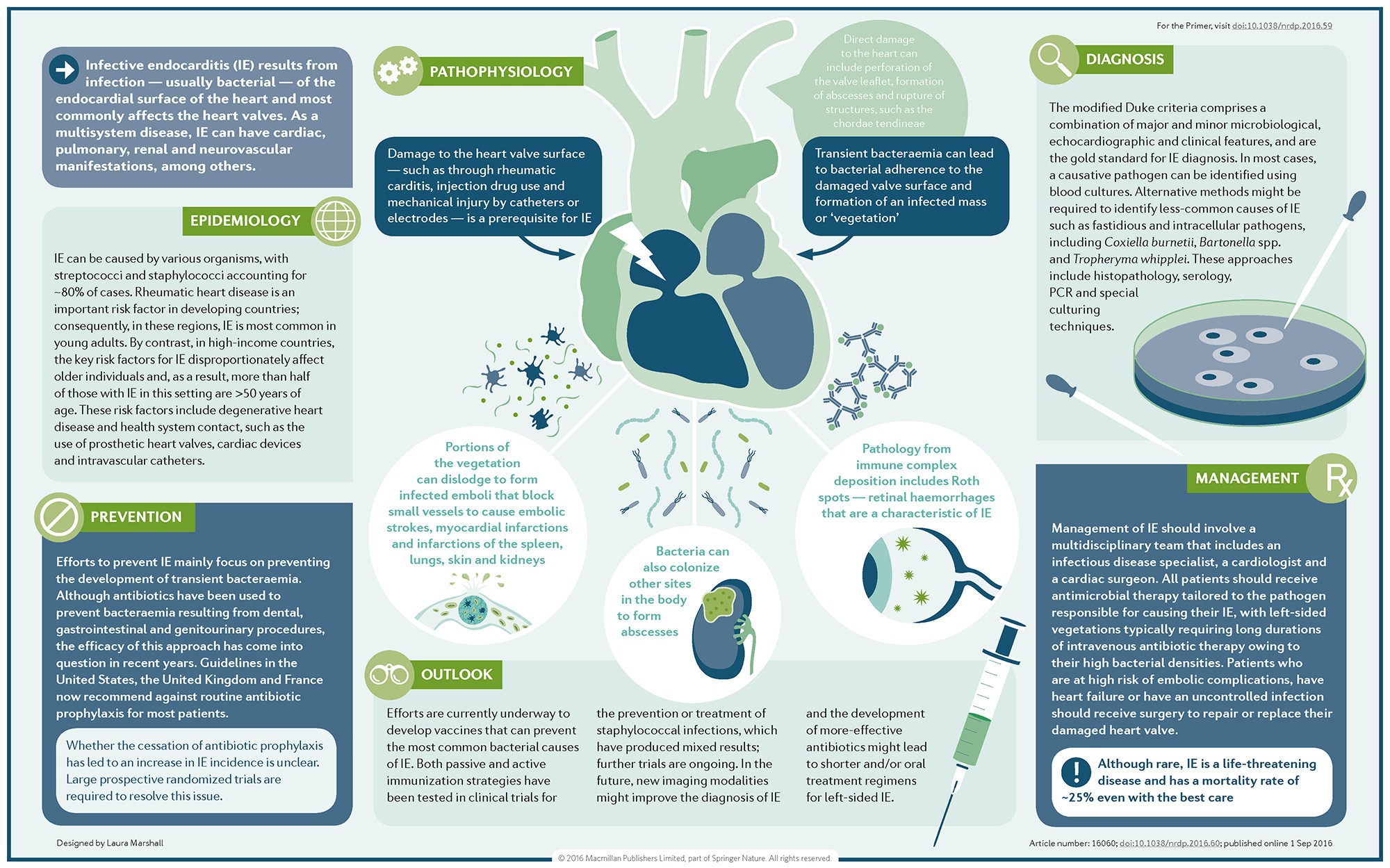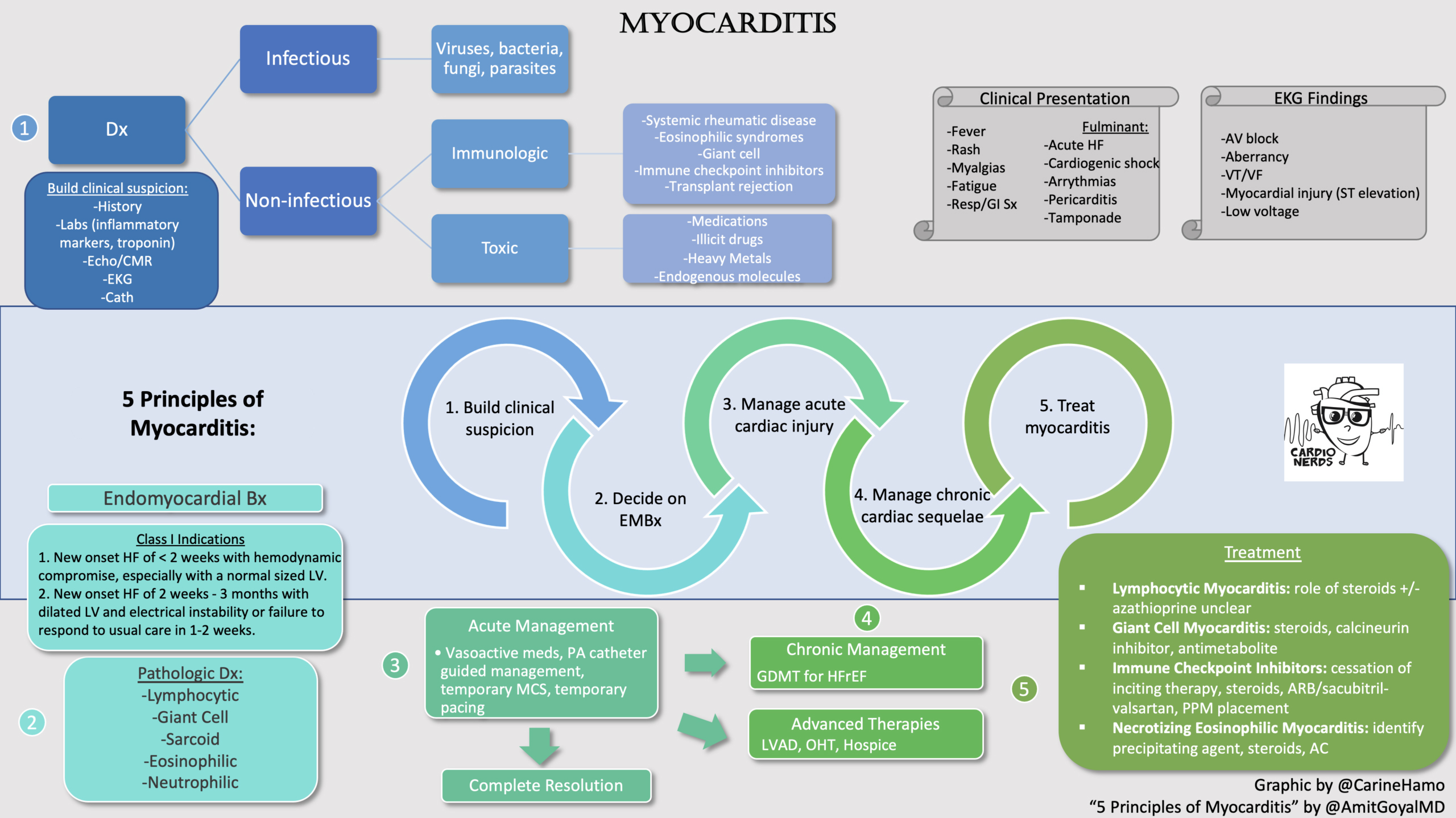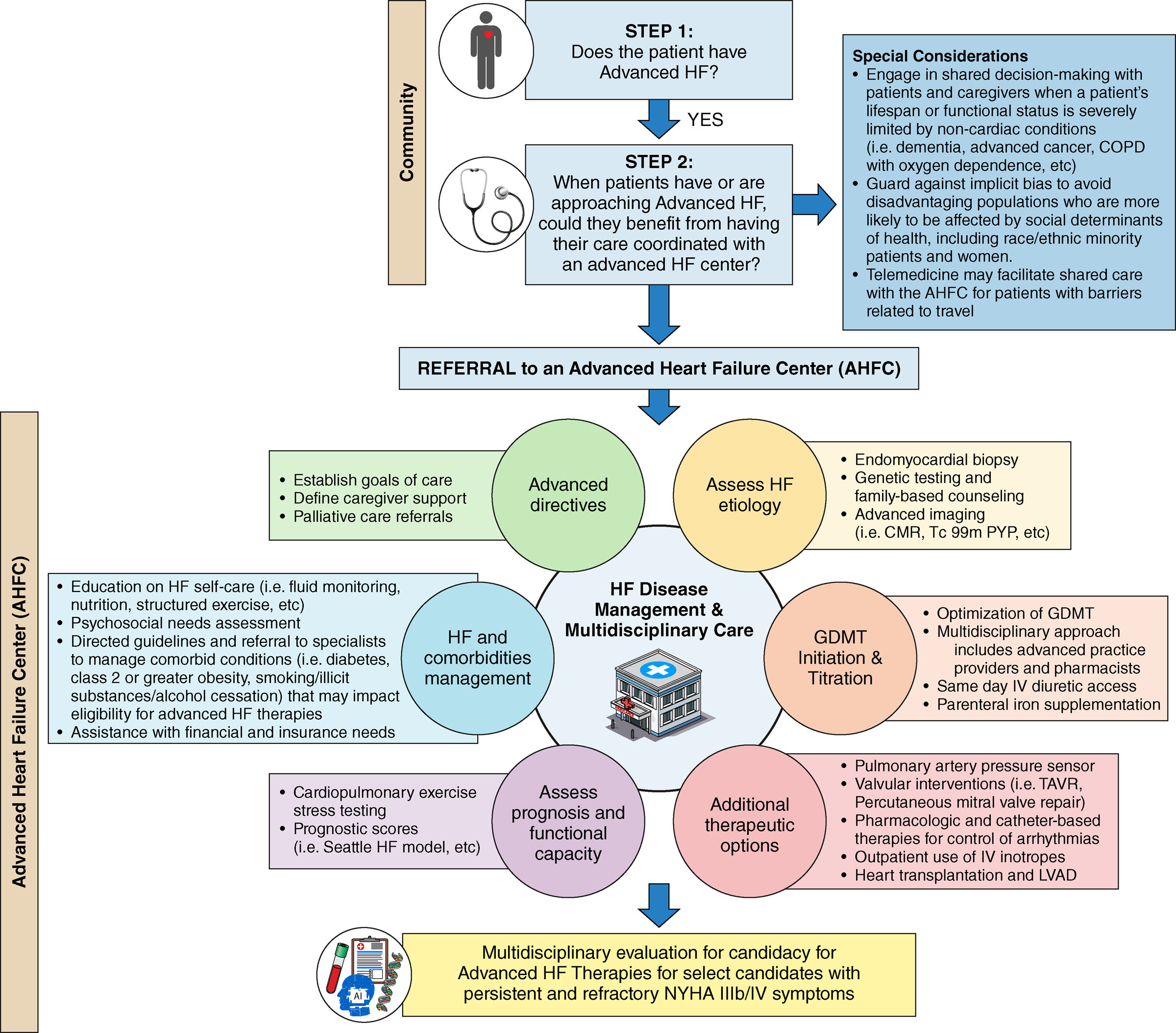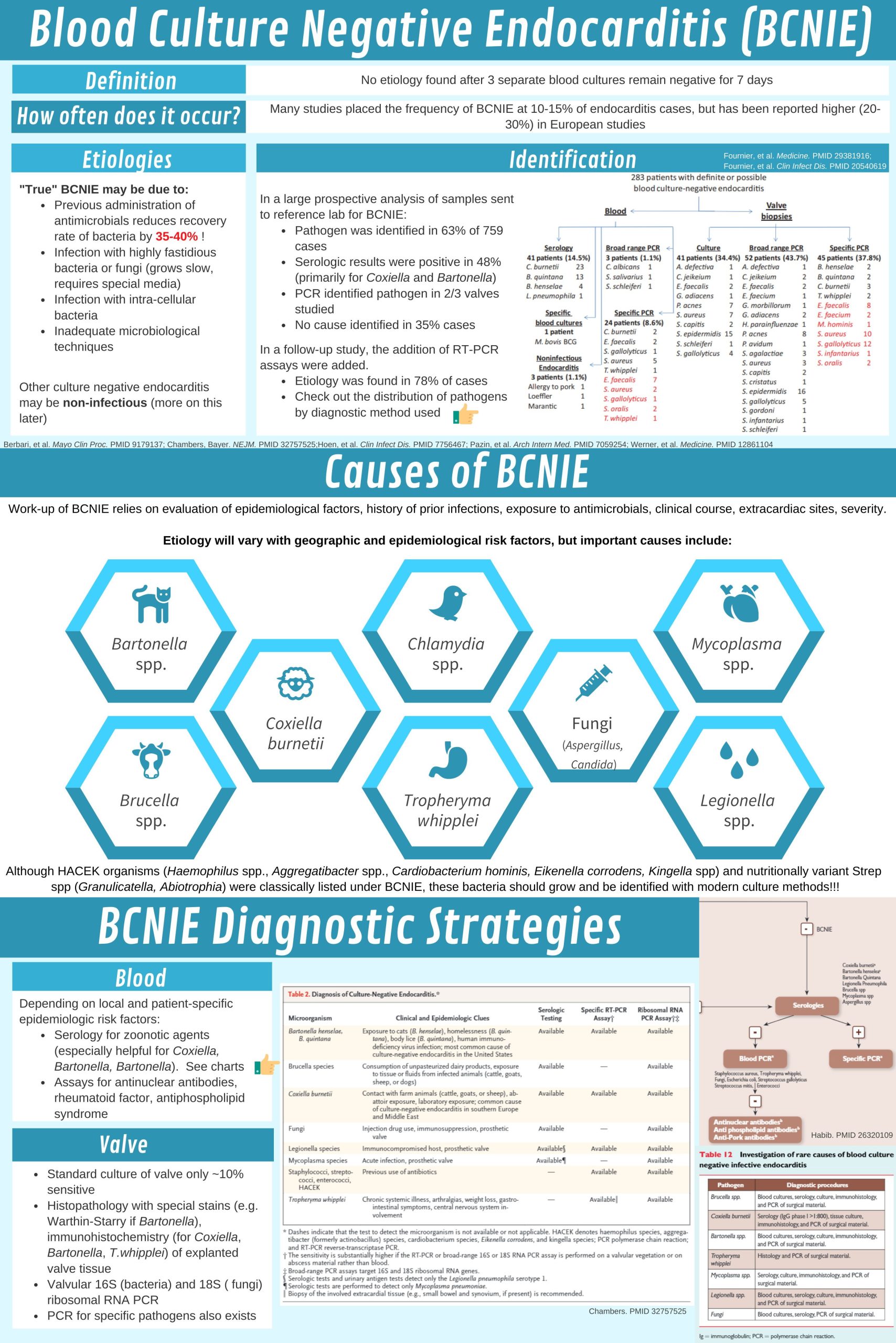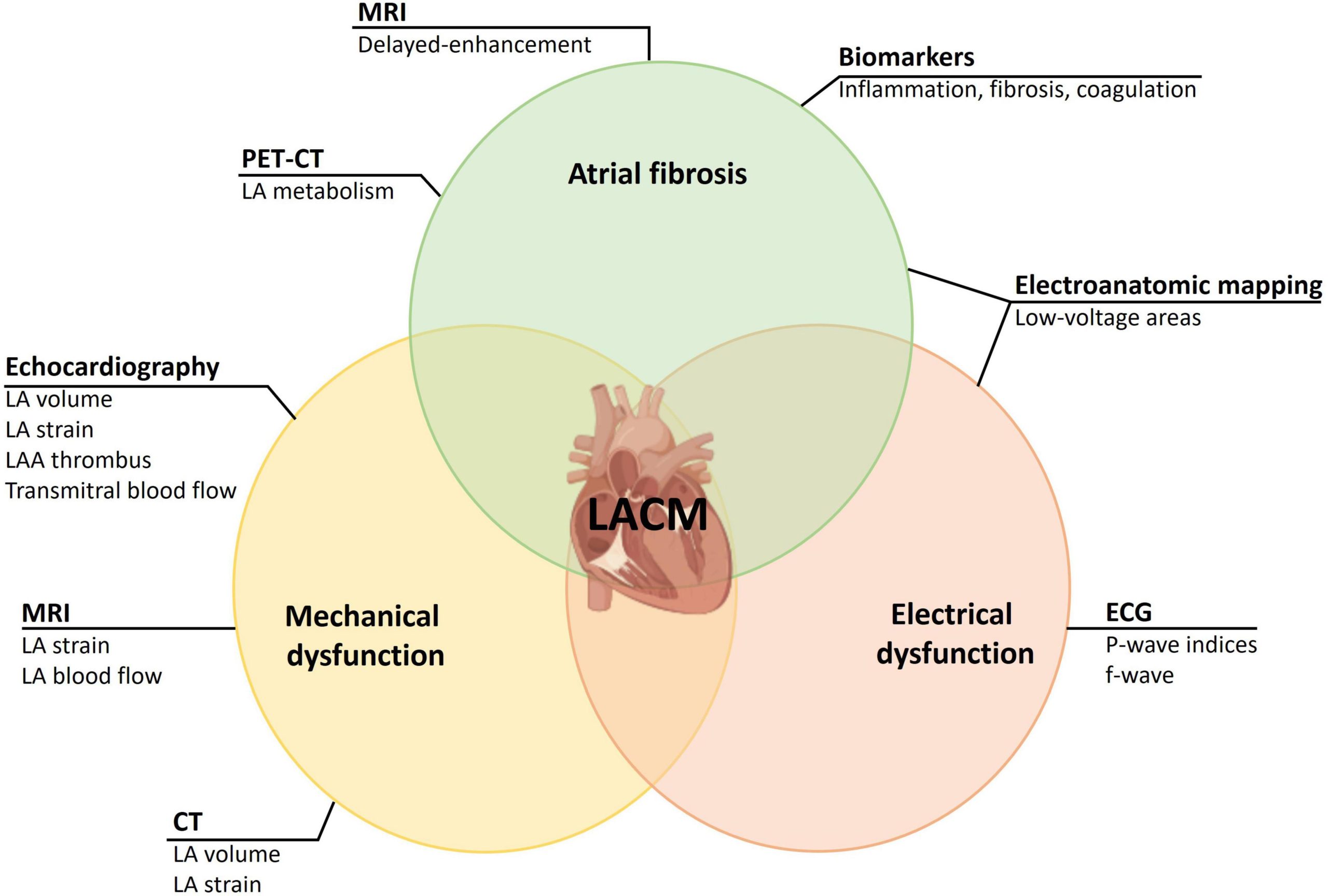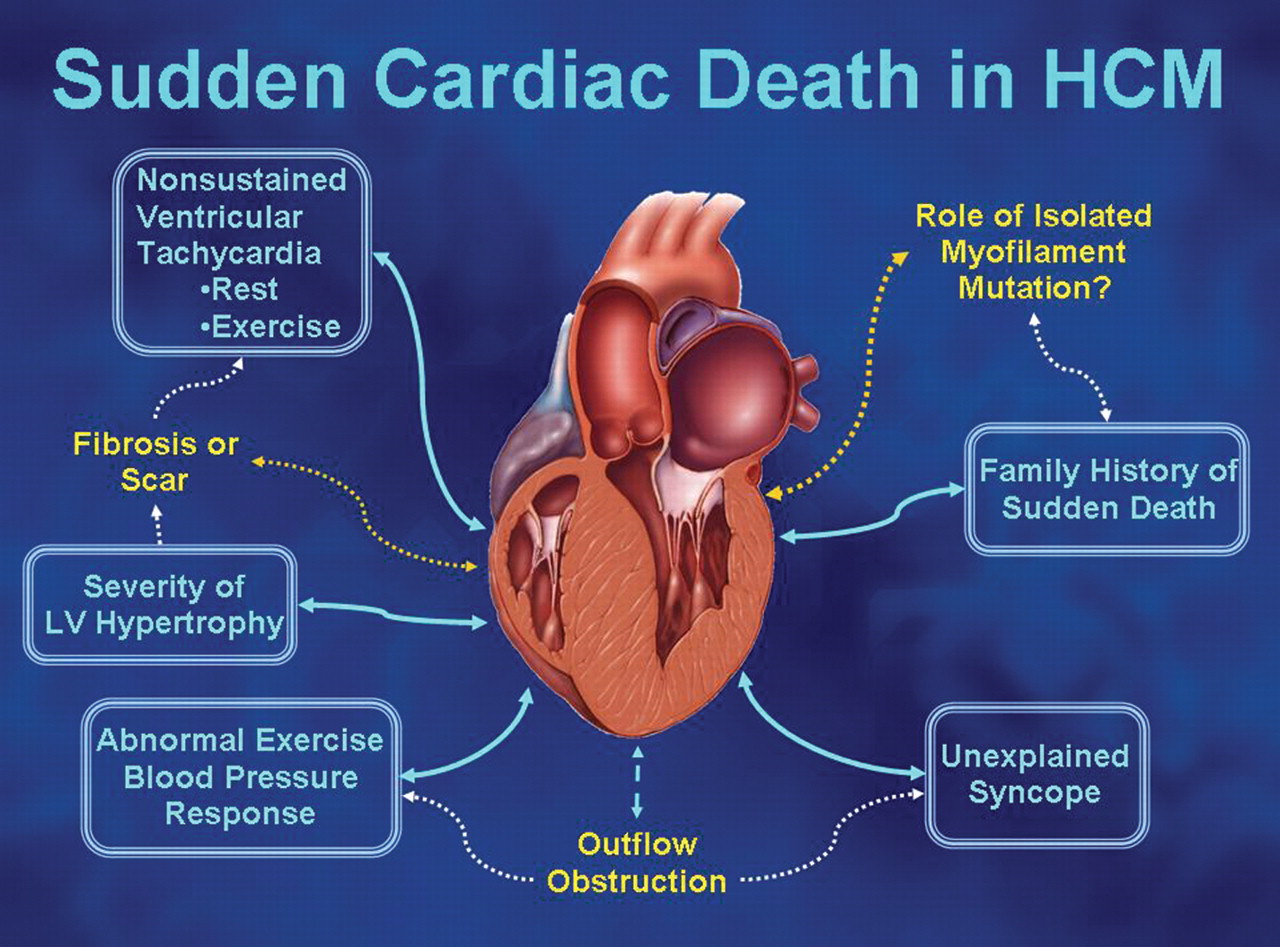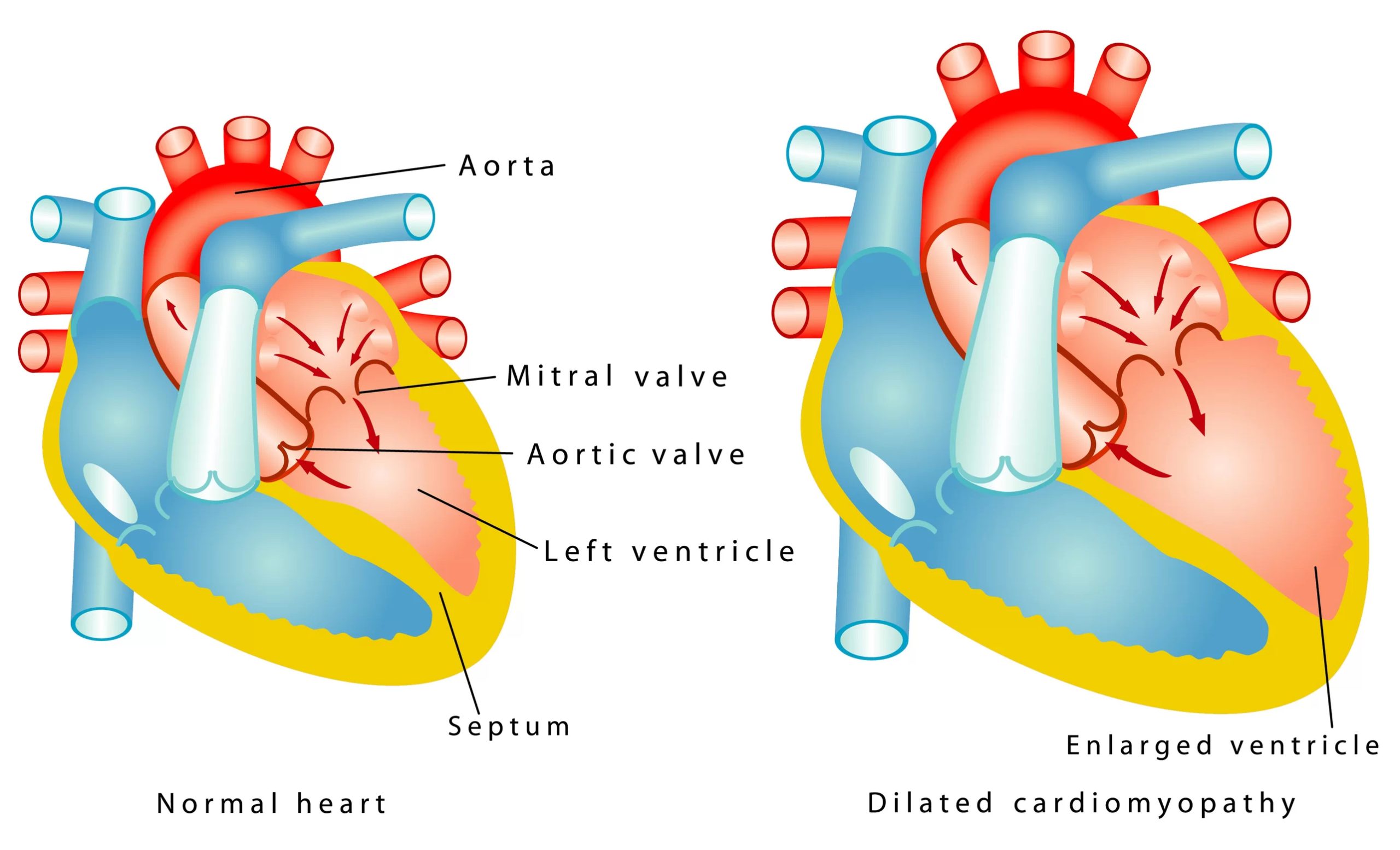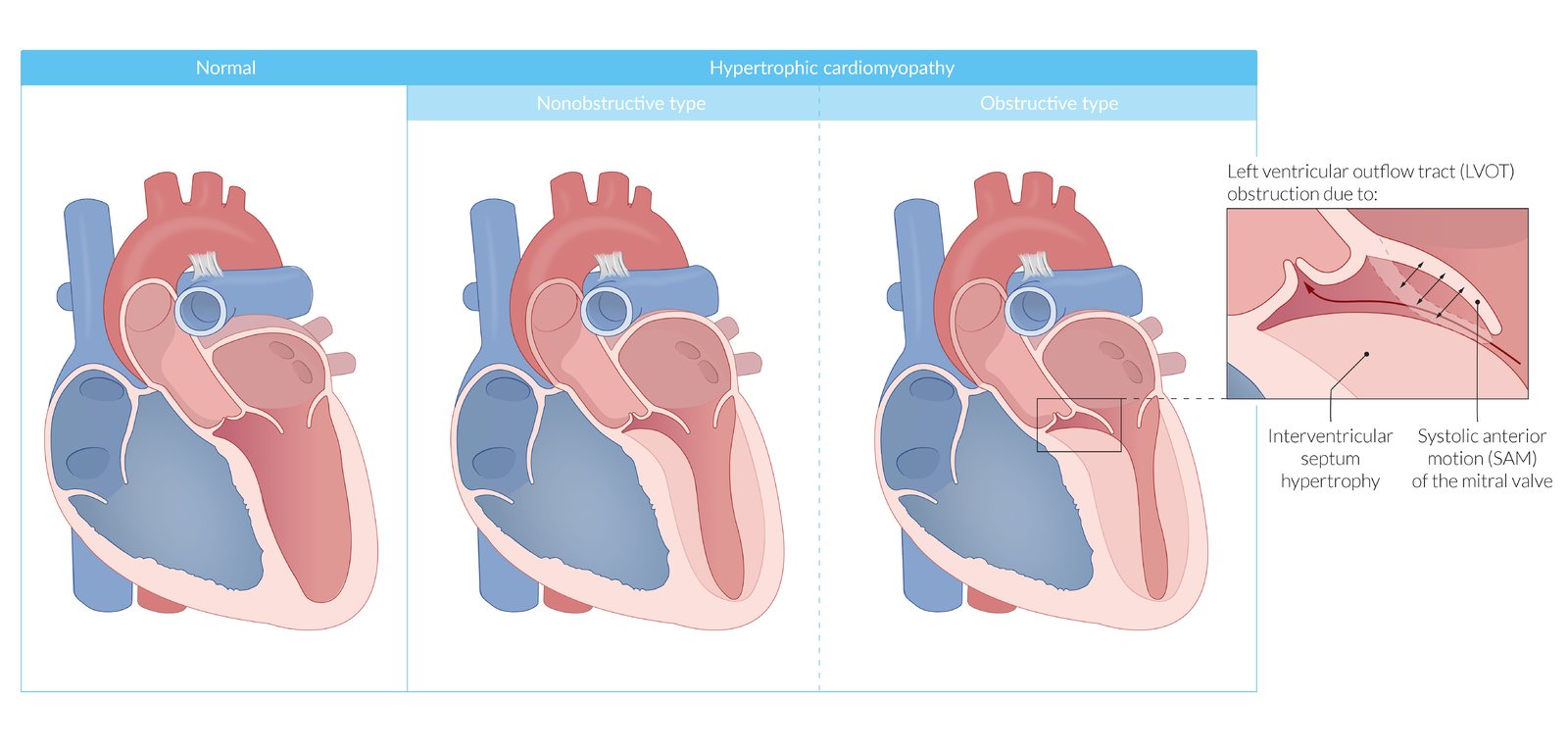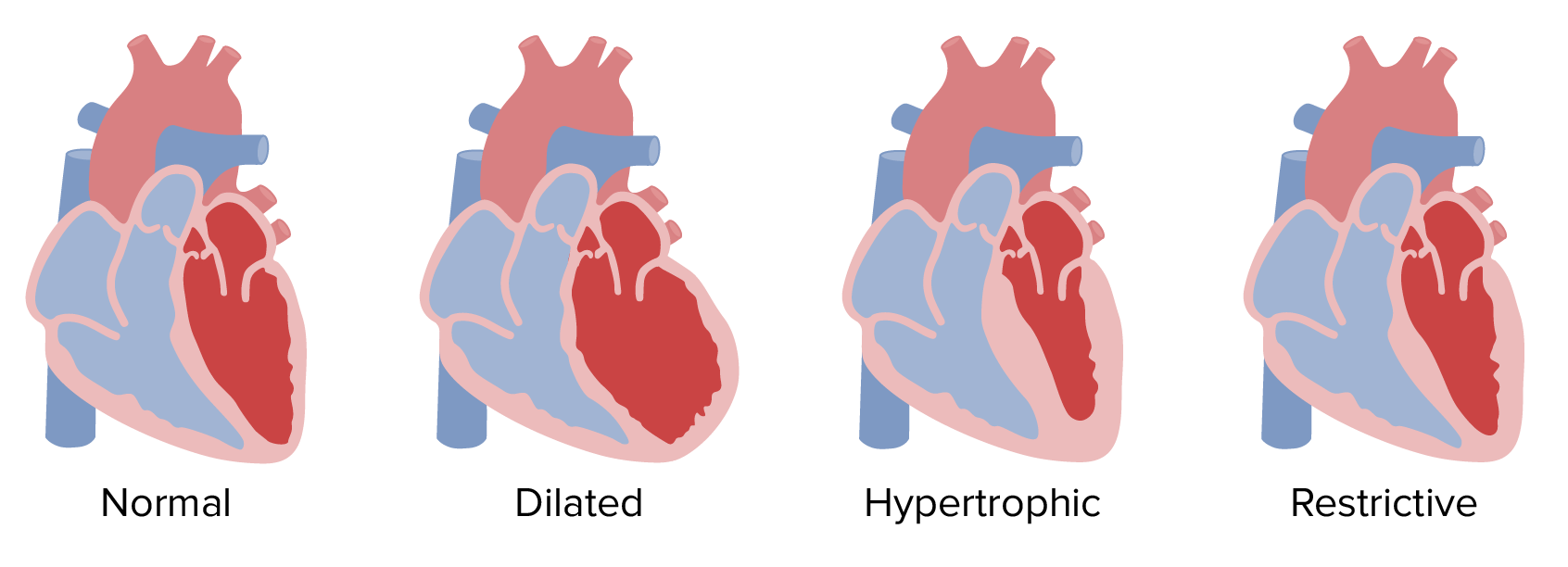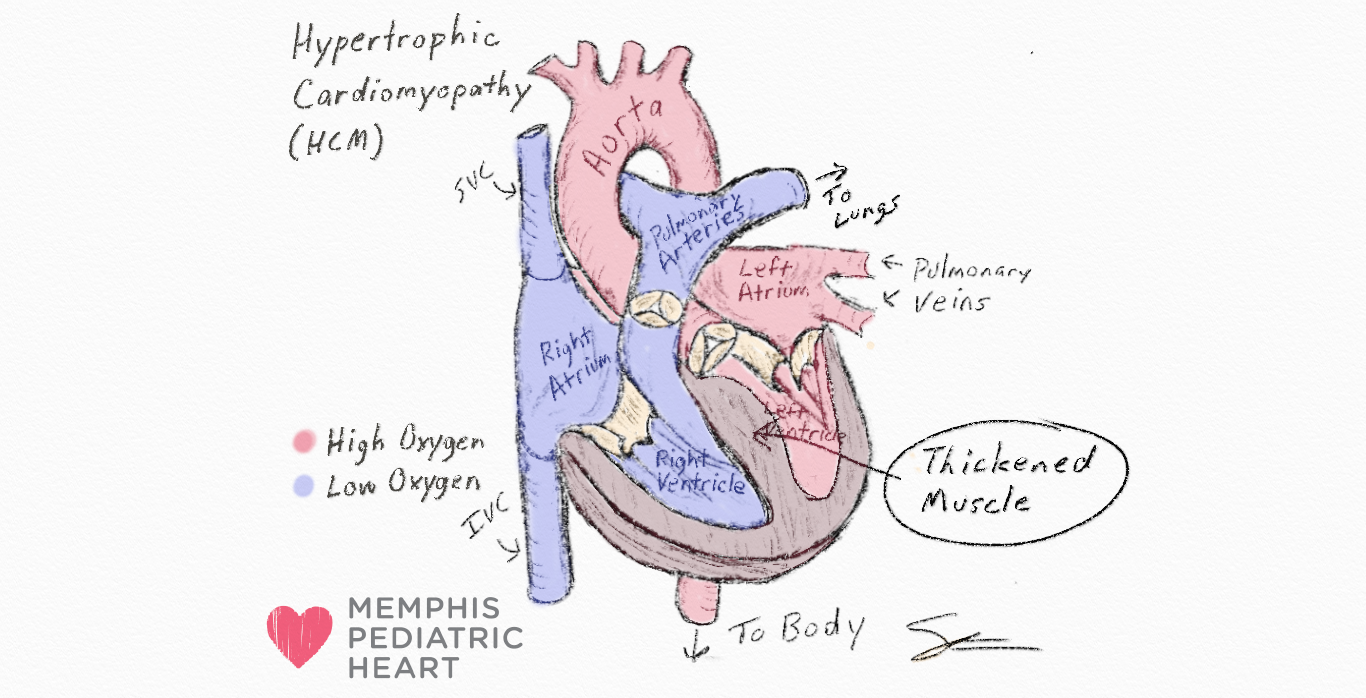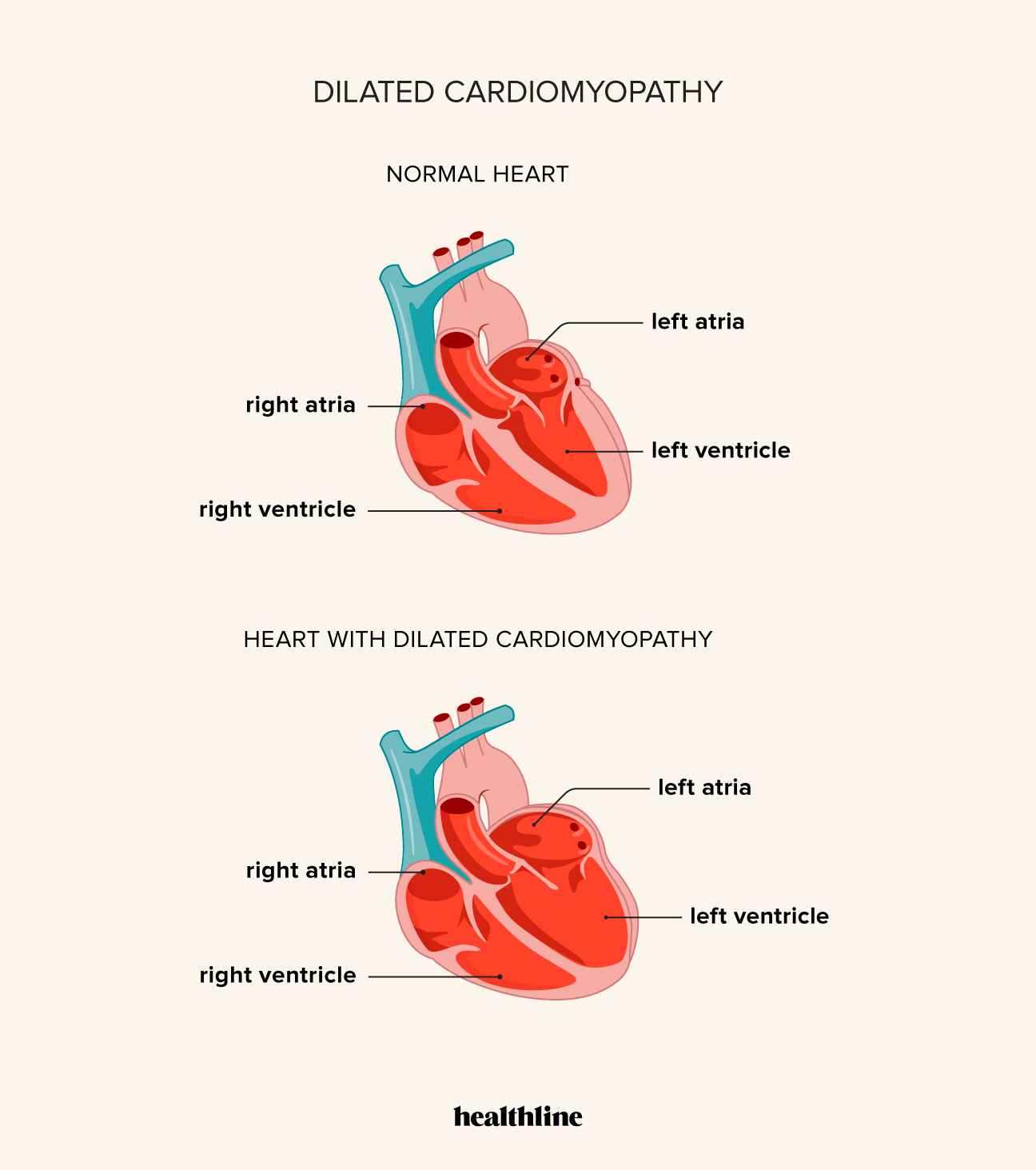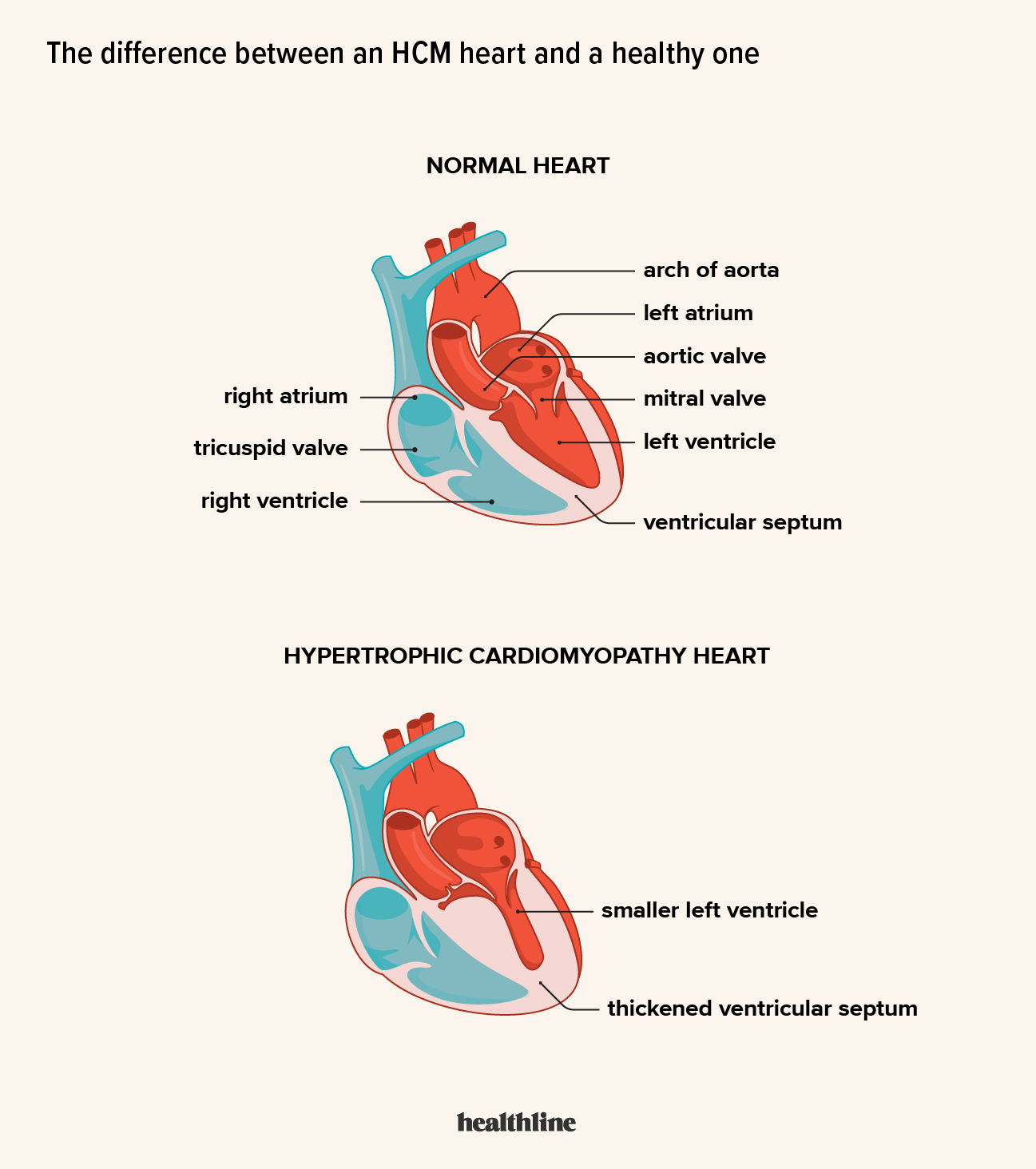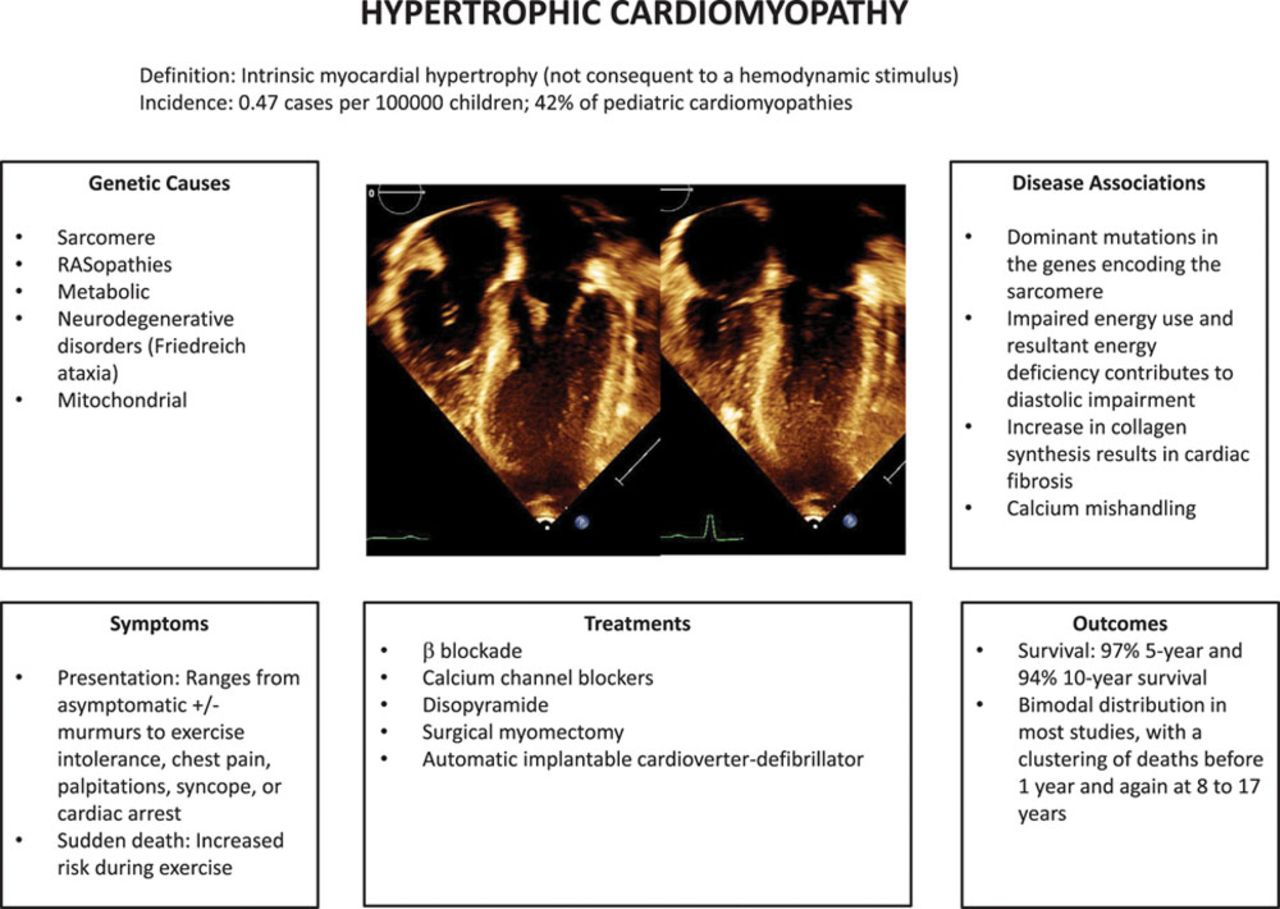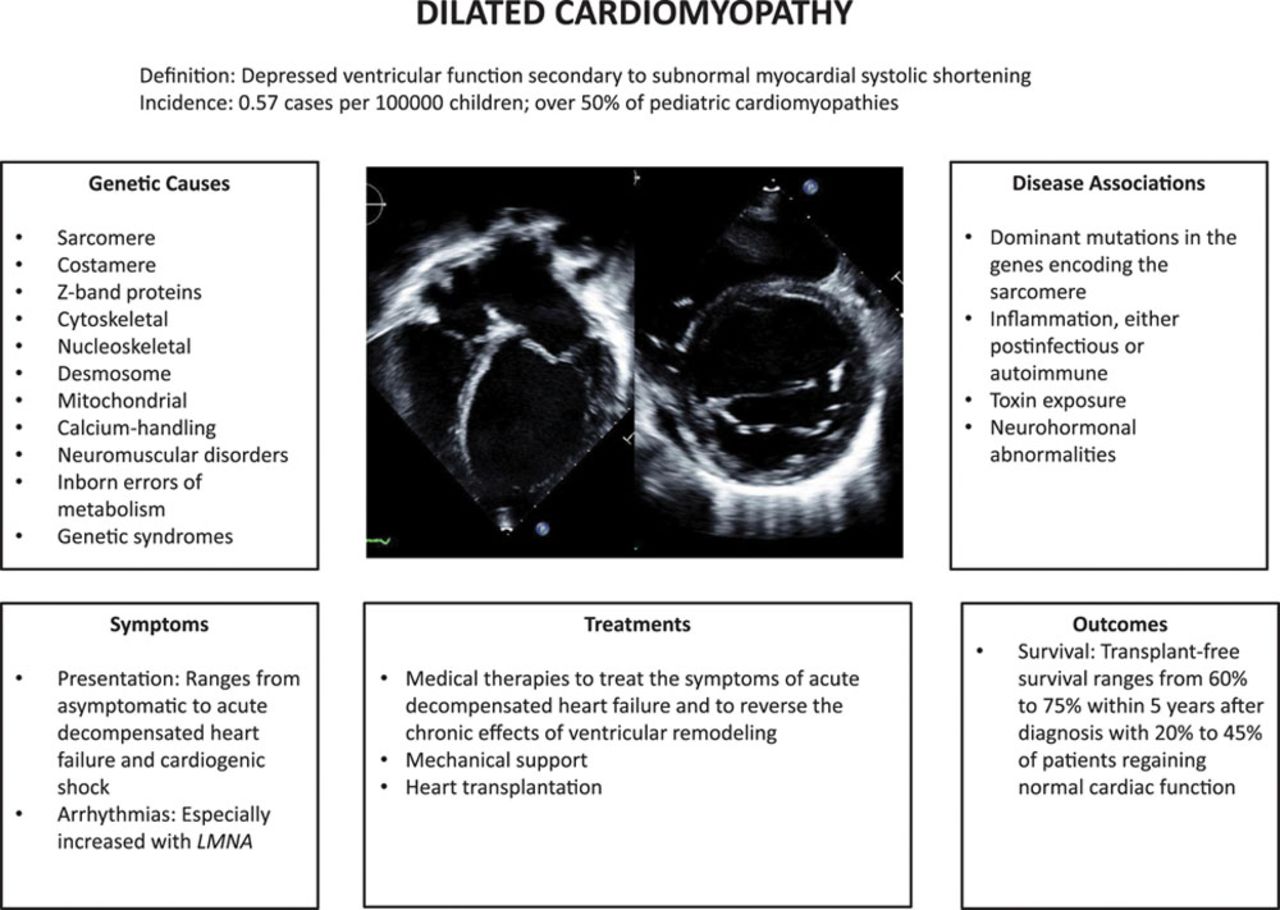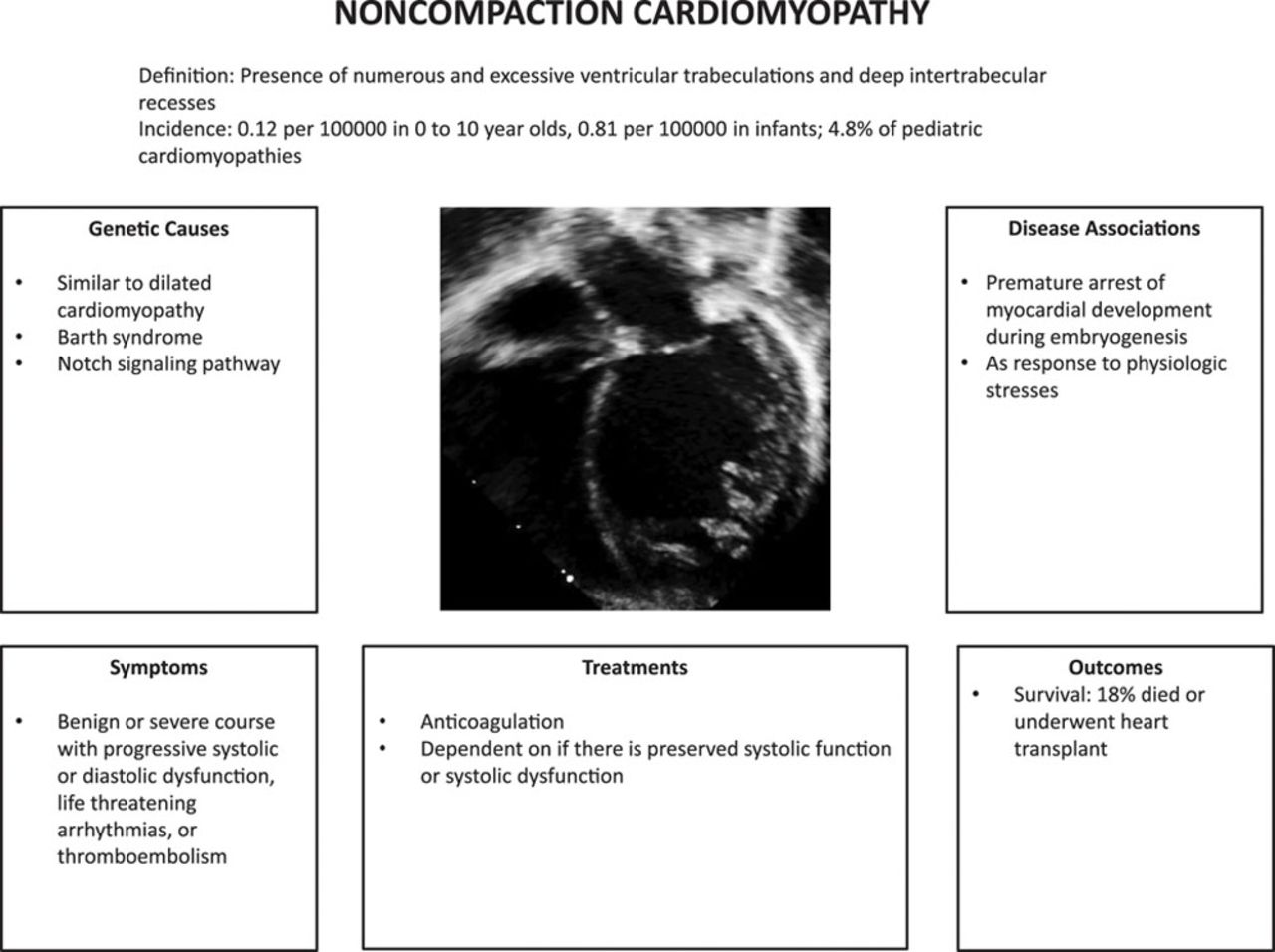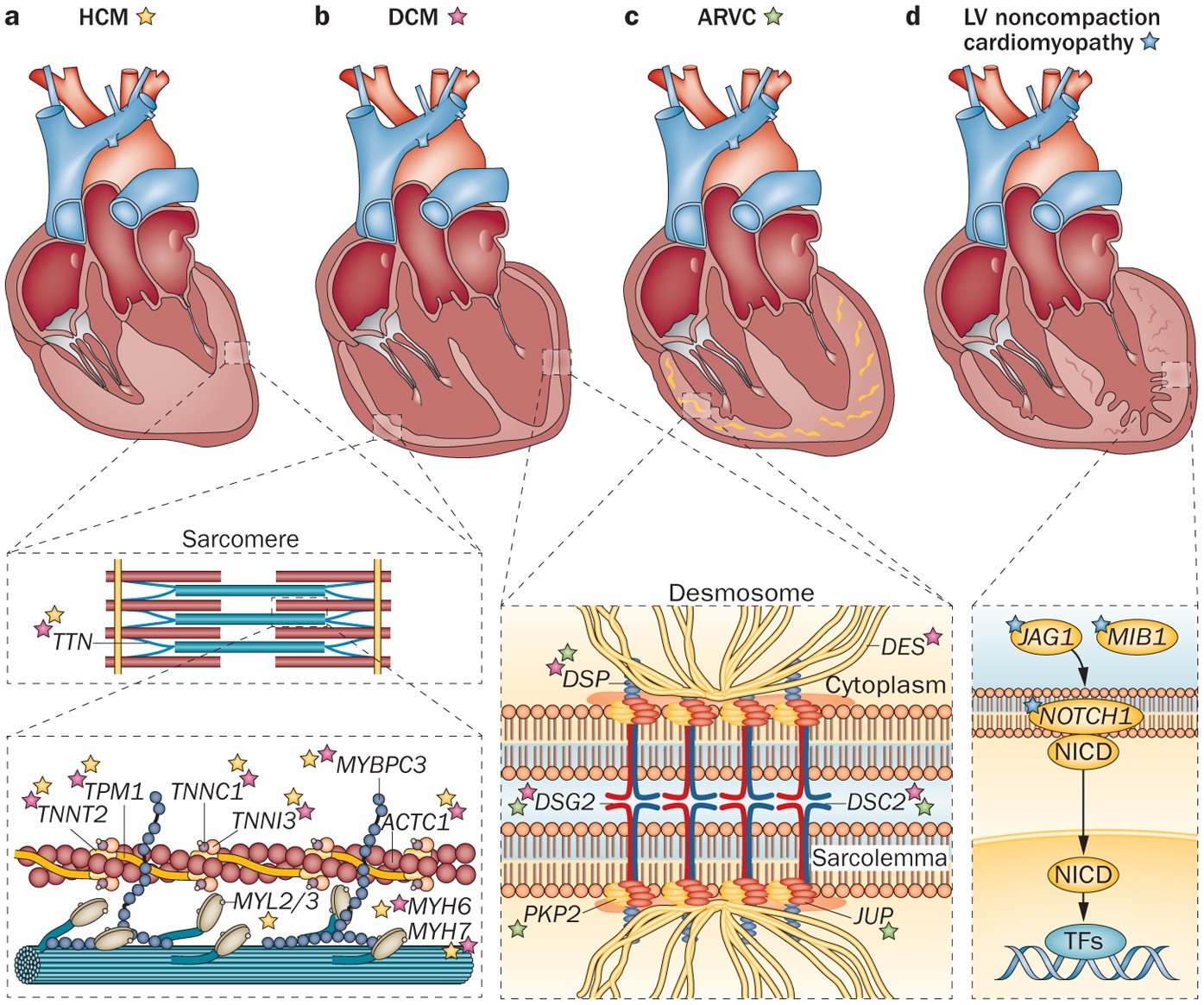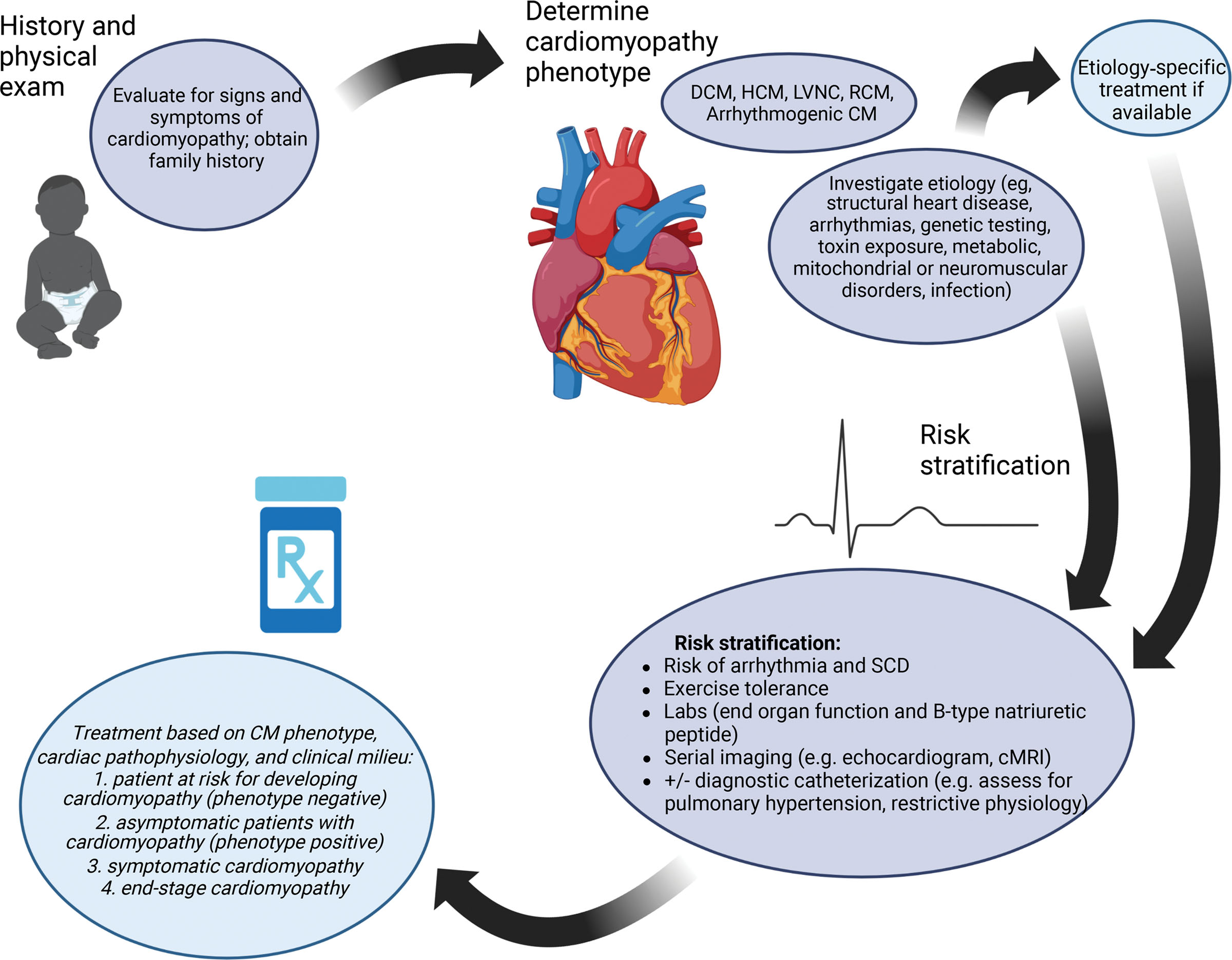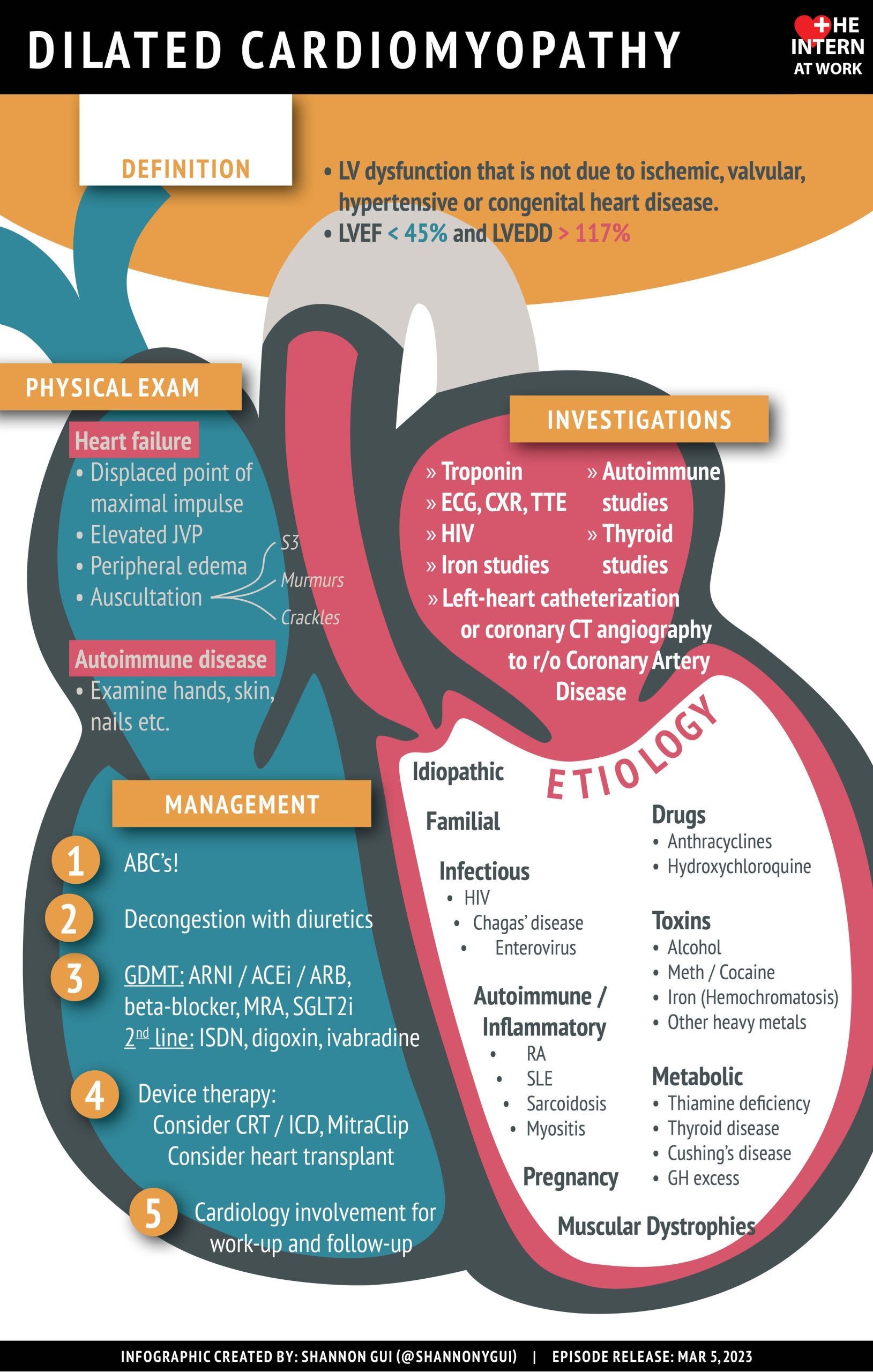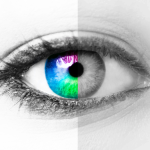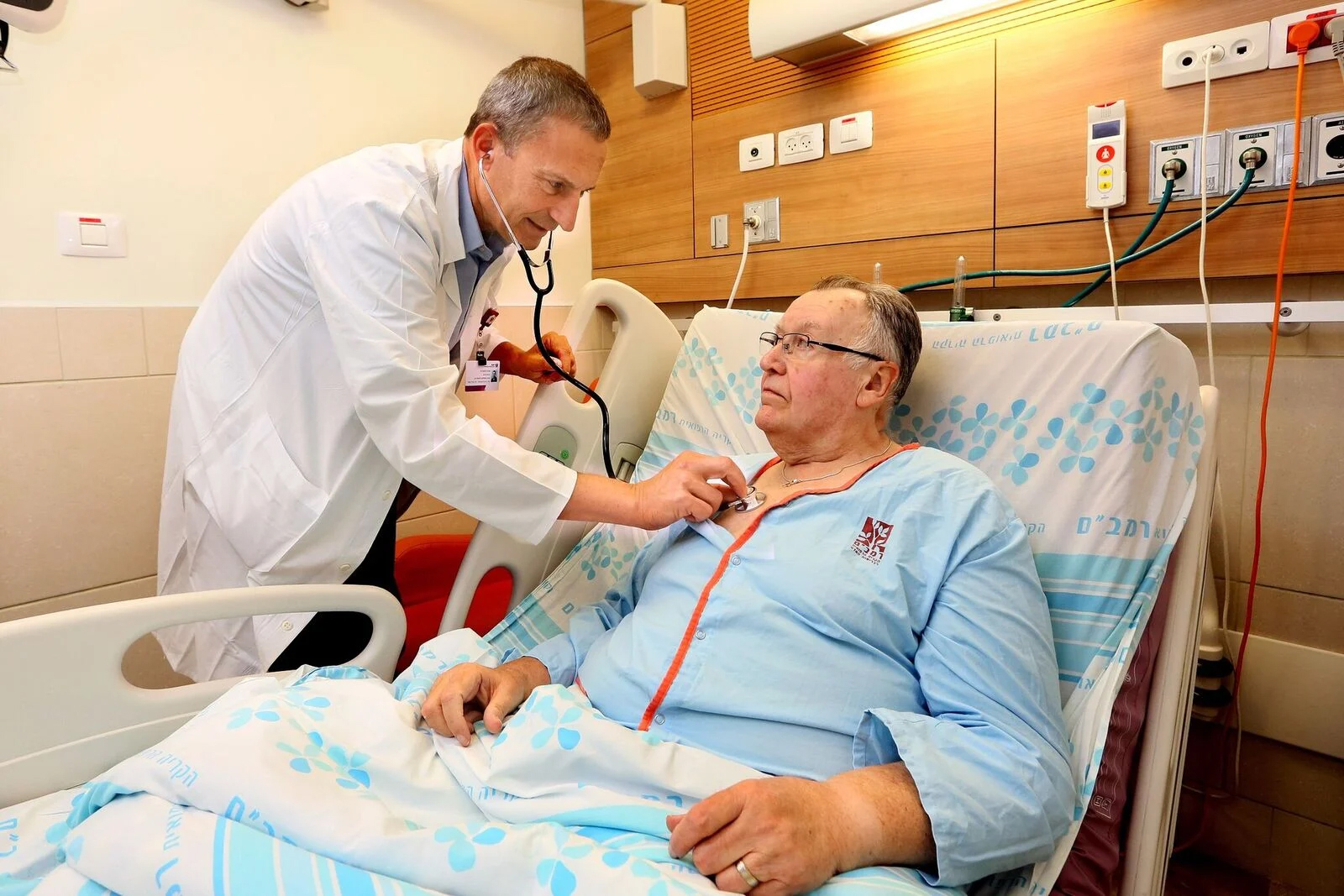
What is cardiomyopathy?
Cardiomyopathy refers to a range of diseases that affect your heart muscle. If you have cardiomyopathy, your heart can’t pump blood as well as it should.
There are different types of cardiomyopathy, each with different causes.
Most people with cardiomyopathy are only mildly affected and can lead fairly normal lives. However, if you have cardiomyopathy and your heart muscle gets too weak, you can develop symptoms of heart failure that require treatment.
What causes cardiomyopathy?
Often the cause is unknown. Sometimes it can be inherited — you may have a known family history of cardiomyopathy or you may be the first family member to be diagnosed.
Sometimes cardiomyopathy can be caused by one of the following:
- viral infections affecting the heart
- chronic (long-term) illness such as high blood pressure, or heart damage from a heart attack or coronary heart disease
- heavy alcohol consumption
- drug use
- cancer treatments such as chemotherapy and radiotherapy
What are the types of cardiomyopathy?
There are 4 main (most common) types of cardiomyopathy. They can affect you in different ways.
- In dilated cardiomyopathy, your heart muscle stretches and becomes thinner and weaker so it can’t pump as effectively.
- In hypertrophic cardiomyopathy, your heart muscle enlarges, and the walls of the heart thicken, blocking blood flow out of your heart.
- In restrictive cardiomyopathy, your heart becomes stiff and rigid and can’t relax enough to pump properly.
- In arrhythmogenic right ventricular cardiomyopathy, part of your heart muscle is replaced with scar tissue. This can disrupt the heart’s electrical activity, causing irregular heart rhythms.
What are the symptoms of cardiomyopathy?
You may have no symptoms from your cardiomyopathy. Alternatively, you might have some of the following symptoms due to your cardiomyopathy affecting your heart function:
- shortness of breath or trouble breathing, especially when lying down
- fatigue
- light headedness or feeling faint
- heart palpitations
- swelling in the legs due to fluid retention
- chest pain
- bloated abdomen (belly)
In children, you might notice that they become more breathless than other children their age. They may also have a cough, chest pain, palpitations, fainting, tummy pains, nausea or reduced appetite. Any of these symptoms in children need to be checked by a doctor.
In babies, you might notice heavy breathing or sweating while they are feeding, and poor weight gain.
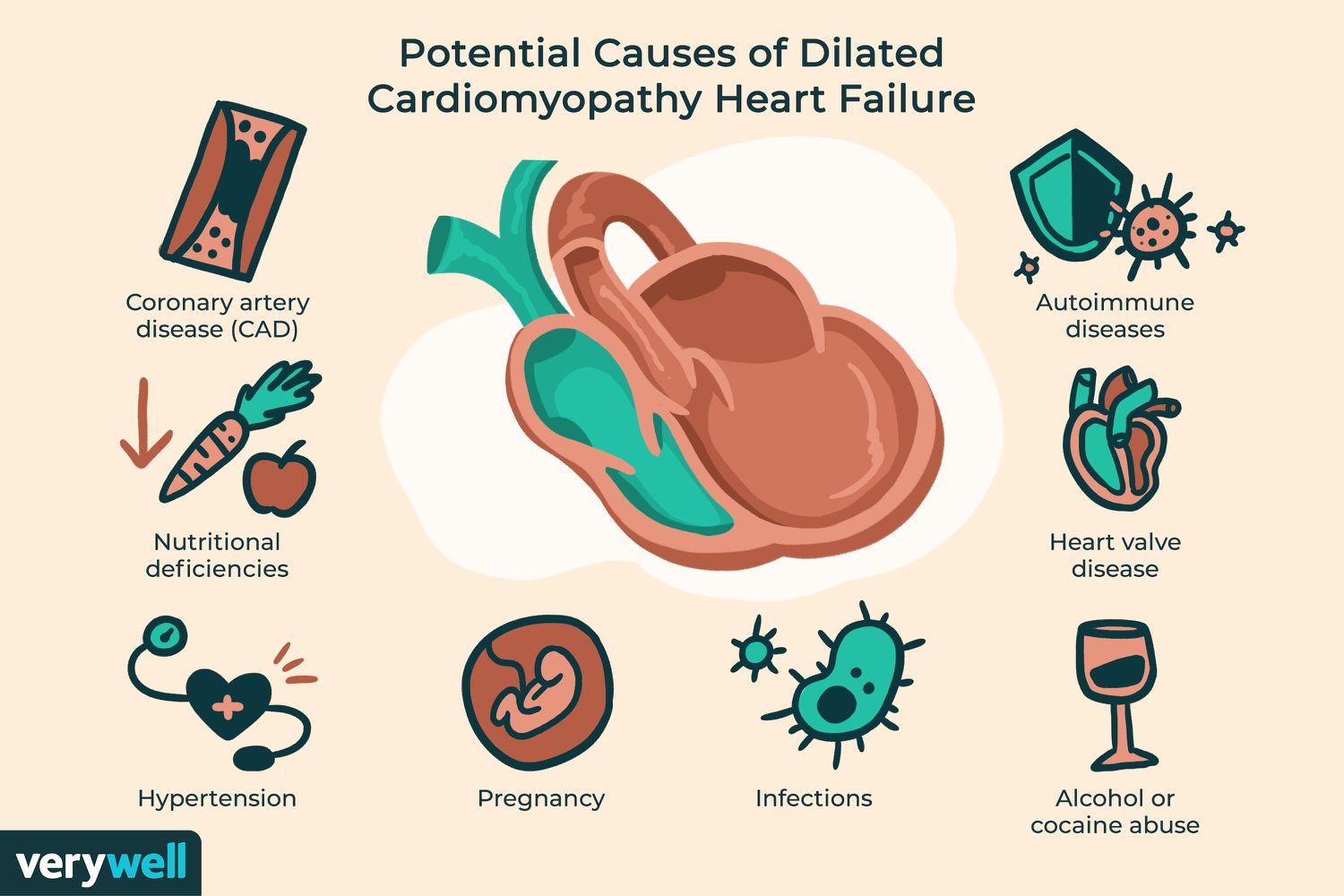
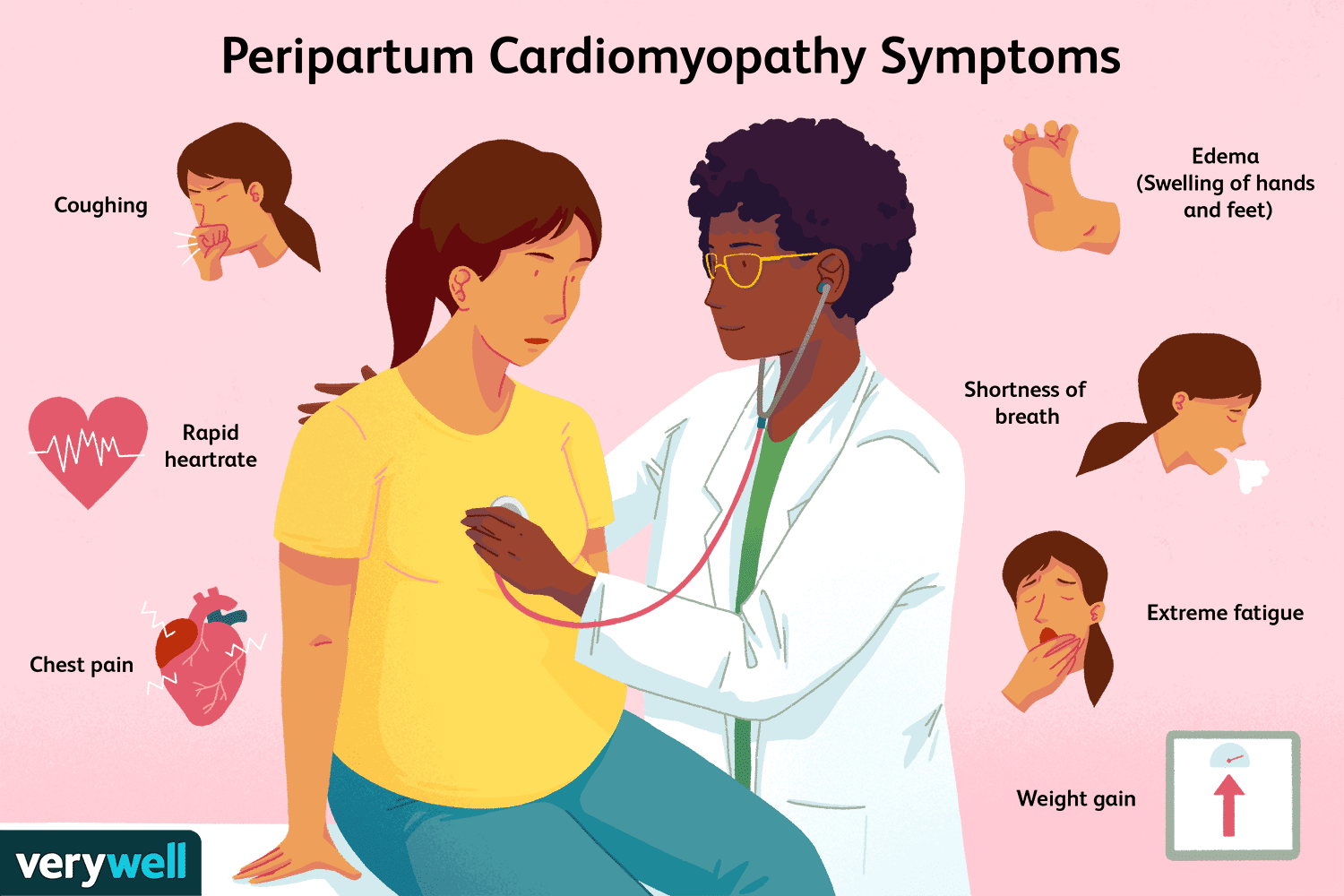
How is cardiomyopathy diagnosed?
Your doctor will ask about your symptoms, examine you and recommend tests. These may include an electrocardiogram, echocardiogram and others. They might also recommend genetic testing.
How can I prevent cardiomyopathy?
You can’t prevent hereditary cardiomyopathy, or cardiomyopathy caused by viral infections, chemotherapy or radiotherapy for cancer.
You can lower your risk of developing conditions that can lead to other types of cardiomyopathy by leading a healthy lifestyle. For example:
- having a healthy diet
- not taking too much salt
- not drinking too much alcohol
- not smoking
- exercising regularly
How will I be treated for cardiomyopathy?
If you have cardiomyopathy, it’s especially important to live a healthy lifestyle. This can help prevent or slow progression of your cardiomyopathy.
